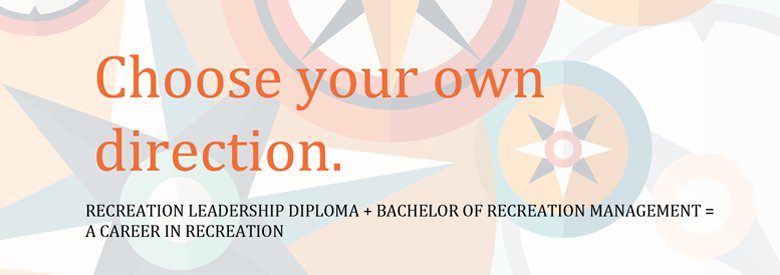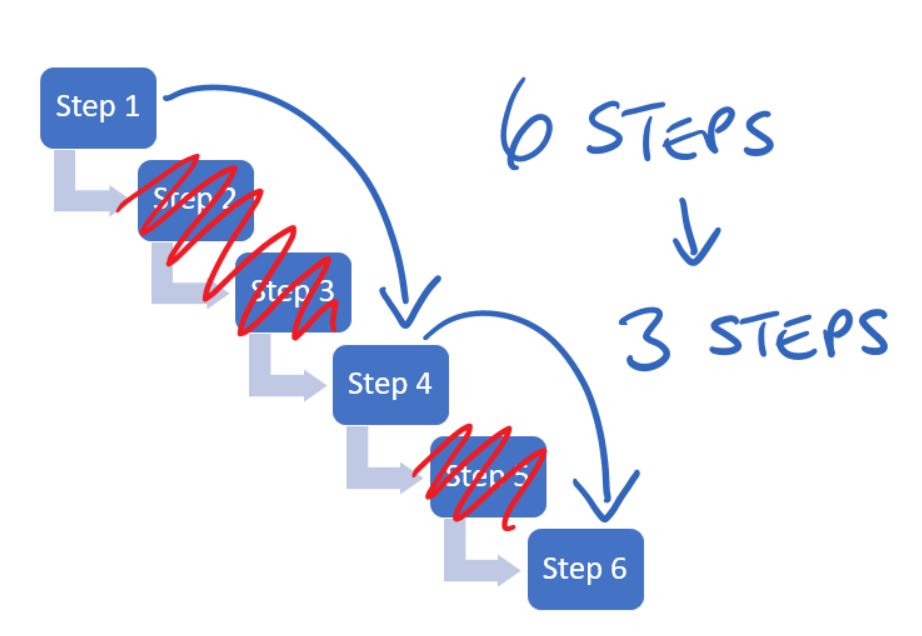Aug 31, 2017
By Yue-Ching Cheng, Instructor and Program Coordinator
There’s a relationship between the time spent in a job and the amount of creativity you utilize daily. Unfortunately, that relationship is a strong inverse relationship for a great number of people. Take a minute to look around – are you one of those people? I’ll give you a few minutes, the rest of the article can wait. Did you check into work today, sign the same forms, stamp the same stamps, and deal with the same issues as you did last year? The year before? There’s no shame in it if you are.
When we first enter the great world of work (with a great deal of enthusiasm I hope), we scramble to make sense of the environment, the players, and the culture. We develop and discover processes (both formal and informal) that make our lives easier. We ask ‘Why?’ a lot. ‘Why do we do this?’. We start to map out our new world, and creatively find ways to work within the rules to be good at our work.
After a year or two, we’re comfortable in what we do, and after a few more years, we’ve got it all figured out. We know what comes first, what comes next, where those reports go to, and where those documents don’t. Essentially, you’ve become hyper efficient by learning the game and focusing the effort that you used to spend learning into doing.
What happens when the environment, the players, or the culture subtly shift while you maintain your tried and true processes? They probably still work! Maybe not as well as originally, but you’d never know because they still work! We all know the game constantly changes (your community grows up or grows old, or experiences a population boom), but you’ve been so busy doing rather than learning, that you might not have noticed.
You’ve probably been told about Stephen Covey’s 7 Habits of Highly Effective People. One of the seven habits speaking to continuous improvements. When was the last time you practiced this, and looked at a process/task and asked ‘Why?’. Not to just quote Covey and leave you with some lofty philosophical thoughts, here is a strategy adapted from Lean you can use to help you bring back your creativity in the workplace and exercise those continuous improvement muscles.
This fall, select 1 process/task that you or your team complete frequently. Map out that process/task (list out ALL the steps, ALL the people involved in each step, and the TOTAL time it takes for each step) and then look for ways where you can minimize 1 or more of the following (I’ve provided examples to help you get going):
1) Unnecessary Movement (things moving from one place to another, or person to person)
2) Unnecessary Waiting (bottle necks in decision making or information.)
3) Unnecessary Inventory (unnecessary stock buildup - keeping more than you need)
4) Unnecessary Over Processing (unnecessary double or triple checks)
5) Unnecessary Defects (things that result in reworking or corrections)
6) Unnecessary Resources (using more electricity than required)
7) Waste of Talent (individuals working below potential)
Spend a half to one hour each week exploring this process/task (ideally with a newer staff member). Not only will you be mentoring and teaching a new professional, you’ll also have someone with a fresh perspective asking questions. Let them help you see creative solutions.
Stop the vicious cycle of being busy with being busy! Pick one process/task, and one new staff member and schedule yourself some time to practice continuous improvement. Take the challenge and see where it takes you!
IMPORTANT NOTE: Improving how things work takes much more effort and time in the short-term than just living with it. If you feel like you’re spending a lot of energy, you’re doing it right! In the long-term you’ll have an even less energy intensive / lower cost process working for you in the future. Just think, you might even be able to scrap the entire process/task because it turned out to be redundant!
If you have questions / dilemmas or you’ve achieved success with this, please share it with me at yccheng@langara.ca.
Download: Lean Methodology Workplace Poster
Reference:
Covey, Stephen R. The 7 Habits of Highly Effective People: Powerful Lessons in Personal Change. New York: Free, 2004

